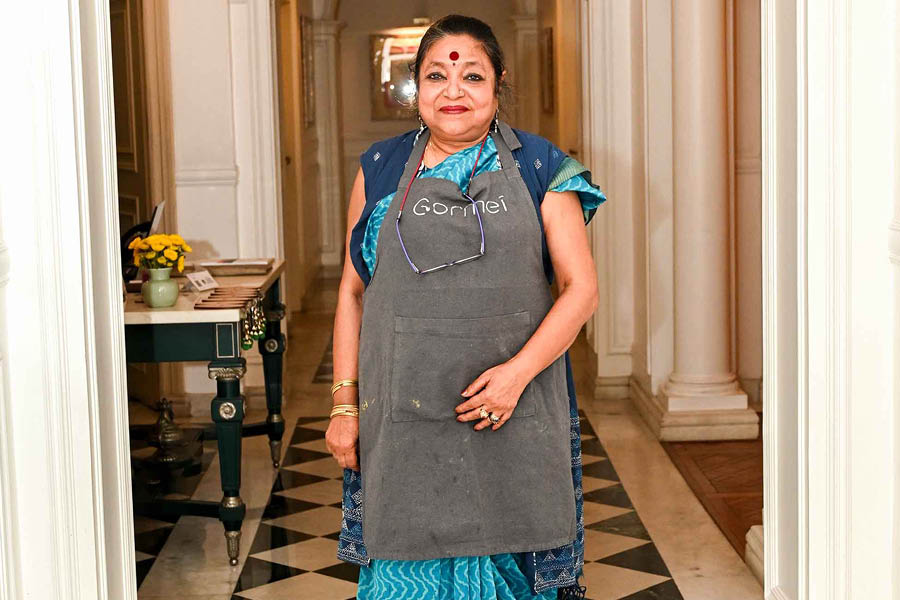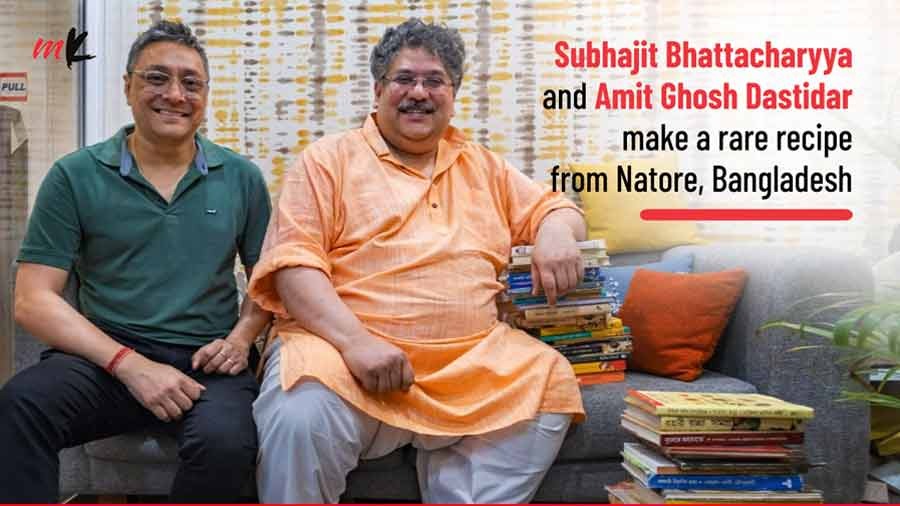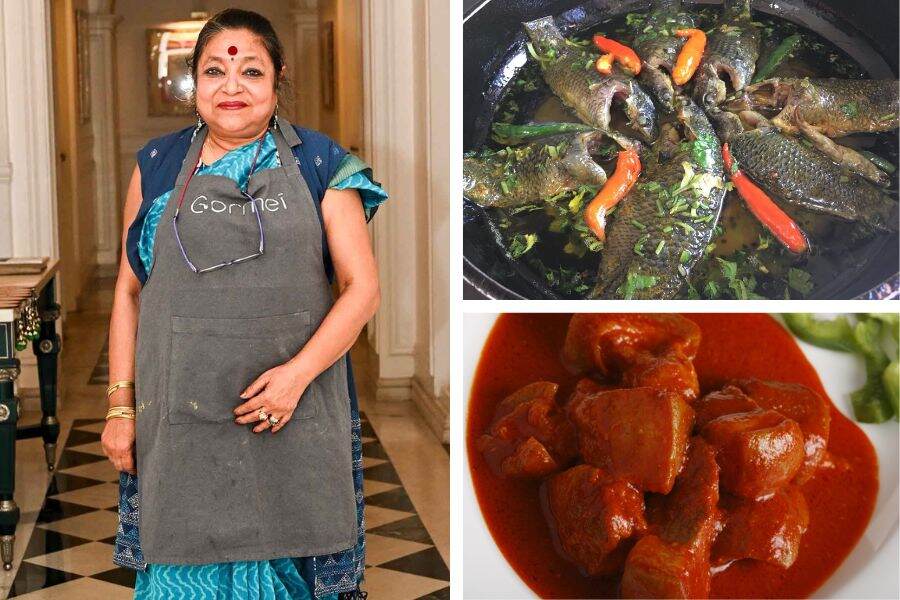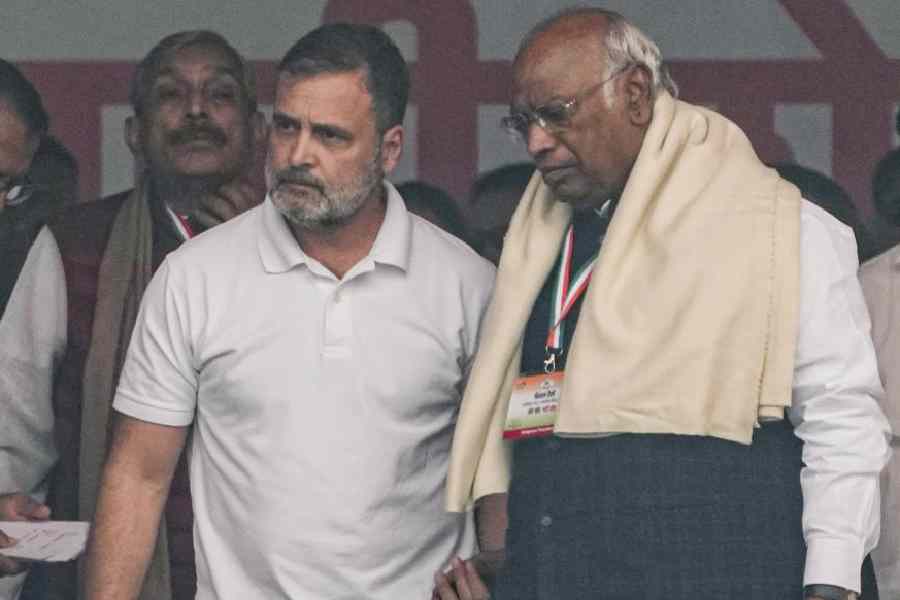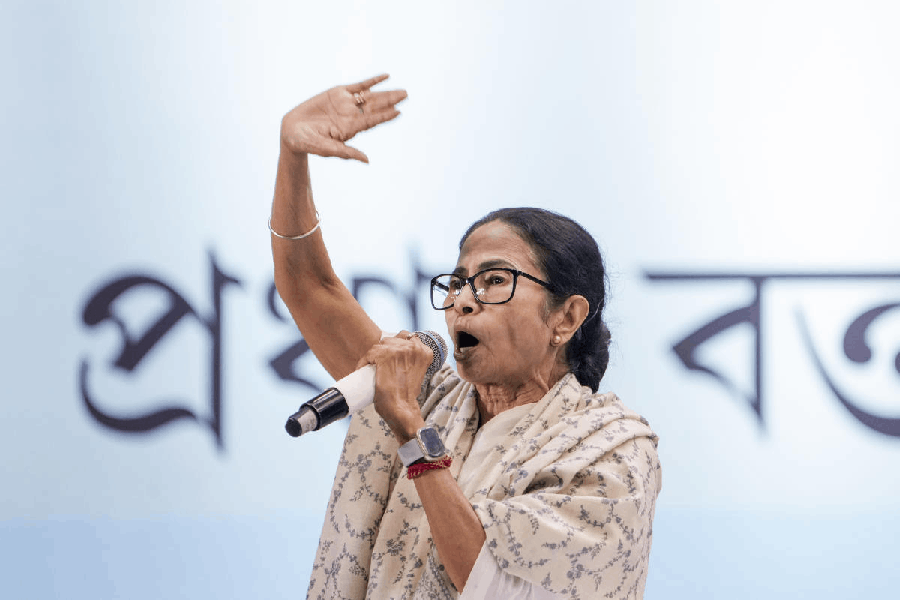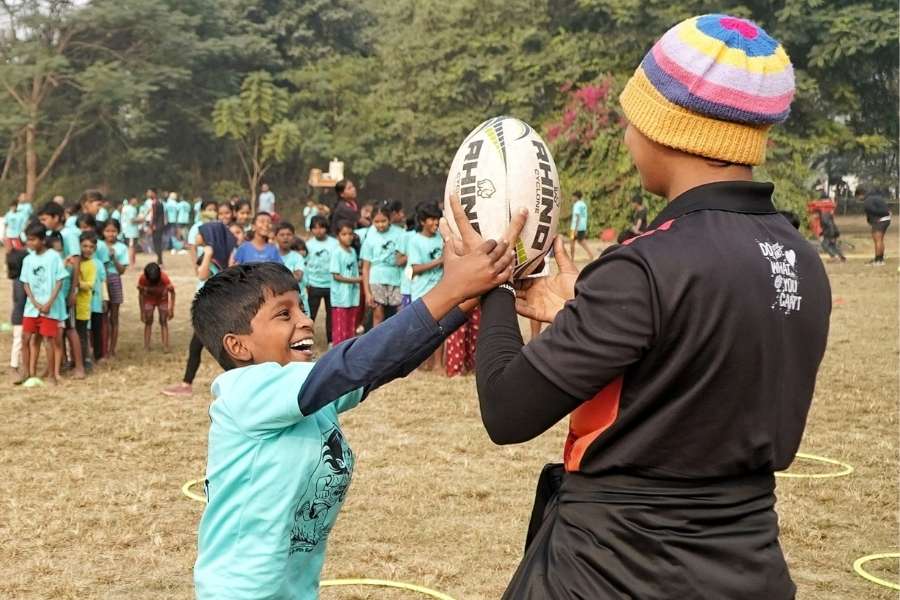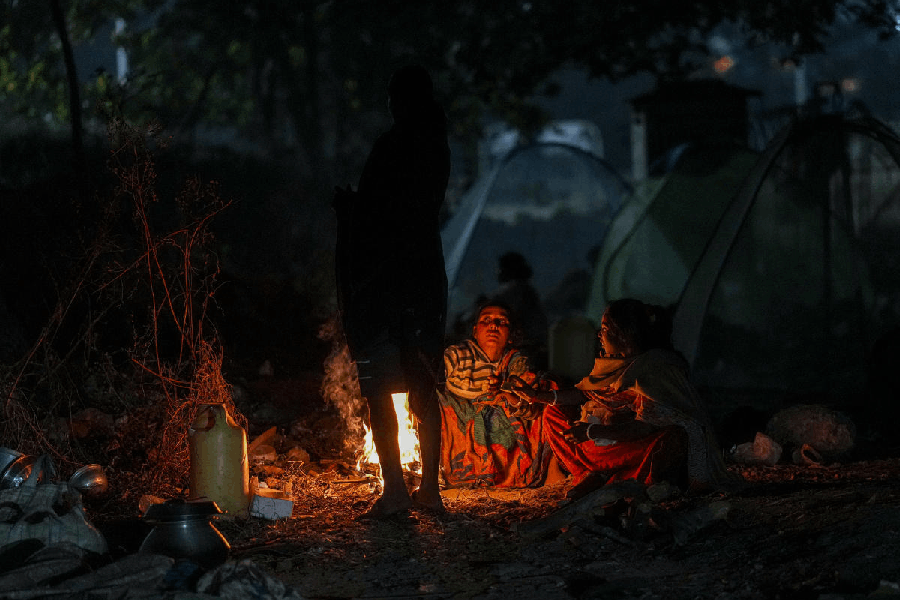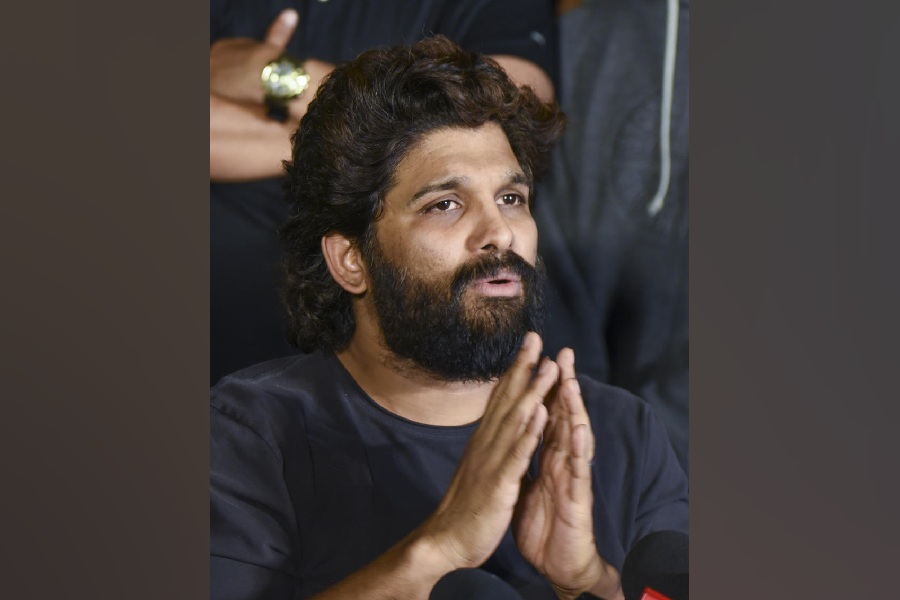In a recent pop-up with Gormei, a few lucky food enthusiasts of the City of Joy got to taste some traditional recipes of Bengal. ‘Lucky’ because it’s not every day that one can relish dishes from historical cookbooks, old zamindari kitchens, and the first families of Bengal. The opportunity was created by Pritha Sen, who revives forgotten recipes, especially that from Bengal.
My Kolkata spoke to the culinary revivalist to know more about her journey.
Journey from journalist to food historian
In her 30s, Pritha Sen was a journalist working on news and politics. But soon, she realised she wanted to work and help marginalised communities develop. She quit journalism in the year 2000. “I think it was a natural progression then when I moved from mainstream journalism to the poverty alleviation and social entrepreneurship arena 25 years ago, working across sectors like microfinance, micro entrepreneurship and sustainable livelihoods that involved women’s empowerment, health and nutrition, agriculture, education and human rights, among others. My work took me to remote areas — rural and underdeveloped, where many times I stayed with the people we hoped to work with,” recalled Sen.
Her work took her into remote areas of Nagaland and Ladakh, where she helped set up livelihood projects and opportunities for women and youth, among others.
One of the tools Sen used to break the ice and earn trust and credibility was to engage with the women in their kitchens, a space where they were in control. “That is when my interest in the indigenous wisdom that existed among our people — regarding how we ate, what we ate, why we ate in a certain way and how we always made the maximum use of scant resources, all the while being respectful of the environment and conservation — began to grow.”
She also said that it was during this time that she realised that “so-called education, urbanisation and privileged lifestyles had taken away from us the wisdom that we once had about sustainable living, healthy eating and viewing food as a preventive and curative and a means of holistic living rather than just for bacchanalian pleasure, as is the case today.” Thus began her journey where she began to look closely at Indian food and document the food culture that she believes to have evolved over 5,000 years.
A foodie at heart
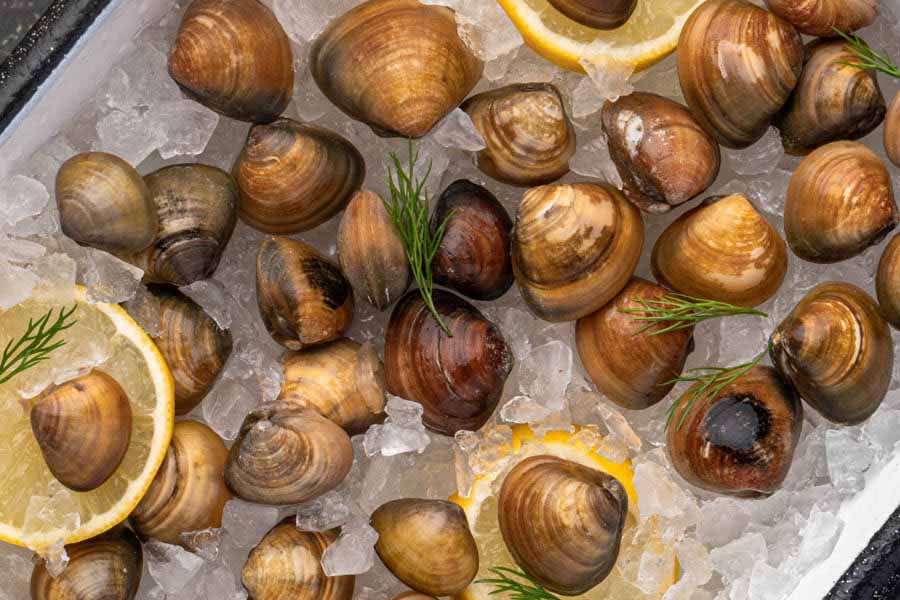
‘We think this practice is only for high tables with oysters and champagne, and flaunt it as a style statement. But our people have been doing it for millennia, extracting maximum nutrition out of foraged foods’
Sen’s journey of understanding culinary culture began as a child as she was always very curious about people — about how they lived and what they ate. She shared, “I think even as a child, subconsciously, I knew that getting a glimpse into the food people ate would tell me who they were.”
While she was exposed to various kinds of cuisines at home and in the environment she lived in, she particularly enjoyed the food that she had in the homes of the marginally deprived people she visited as a child. Sharing her memories, she said, “I remember the ghugni or alur chop our mali’s (gardener) wife made, or the kanji my nanny made in her home thickened with leftover rice starch for her family. Or the chicken curry made in the staff quarters on a Sunday that struck a fiery path down to my toes and the charcoal roasted chicken claws that the men ate while drinking local hooch.”
Spending time with the people around her during her childhood, the curious child not only engaged in adventurous activities but also closely observed things that later helped her with her documentation. One such memory she shares is when she went hunting for geri-gugli or snails and clams in local ponds with the children of the domestic staff. “I would follow their lead and scrub for snails in the shallow waters of the ponds and then we would crack them open and suck the meat out with a sprinkling of salt and lemon juice. We think this practice is only for high tables with oysters and champagne, and flaunt it as a style statement. But our people have been doing it for millennia, extracting maximum nutrition out of foraged foods.”
‘Nothing is lost. They just need to be brought back to the limelight’
Now an acclaimed food historian, Sen holds pop-ups and helps restaurants set up. While she hosts pop-ups, many people refer to her as a ‘chef’ cooking up ‘lost’ recipes. Sen politely clarifies, “I would like to call myself a food revivalist and researcher documenting living history and the legacy of our incredible cuisine. Nothing is lost. They just need to be brought back to the limelight.”
Her pop-ups focus on reviving food of a certain time or food of a culture that has been forgotten in the menu of modern taste. Some of her independent pop-ups showcased what she terms as indigenous heritage cuisine. It included the Goalondo Steamer Cuisine series in various cities, Unish Pawd or 19 courses, showcasing Bengal’s vast vegetarian repertoire, Onam Pronam where she teamed up with Malayali chef Prima Kurien to do an Onam Sadyam which paired Malayali vegetarian food with matching Bengali equivalents. This was intended to show the culinary similarities that exist in cuisines across India given similar climate, resources and produce. There have been several others, including the Undivided Bengal series, where she also teamed up in one of the pop-ups with Bangladeshi culinary expert Nayana Afroz.
Sen is also a Gormei chef
The Gormei journey for Sen began during the Covid lockdown when she joined Argha Sen, the founder of the Hong Kong and India based company that creates extraordinary culinary experiences, as a consultant. “I helped set up the company's operations in Kolkata by planning and designing their food journey over 2020-21, handpicking chefs and creating the concepts for events.” Post that, she also engaged in some pop-up events for Gormei like The High Table series, where she showcased the food that graced elite tables in India in the first half of the last century, the golden age of Bengal food and The Emerald Table showcasing Bengal’s vegetarian bounty.
“Pritha Sen was my first port of call when I started Gormei in India during the pandemic with a ‘100 Years of Kolkata Durga Puja’ theme curated by her, setting new standards for culinary experiences in Kolkata. And she continues to be our consultant-curator-chief-advisor of choice every time we raise the bar, with concepts like The High Table and Emerald Table that we developed together, our foray into AI-driven cooking, and even a month-long pop-up at Yantra in Singapore where she consults,” said Argha Sen.
Making forgotten recipes relevant again
The sexagenarian believes it is very important to document and share our vast culinary heritage with the younger generation in order to preserve and propagate. “Food I believe is identity. It is who we are. Therefore, sooner or later younger generations will feel the need to know their roots as has happened with me,” she said.
Working with restaurants, helping them curate menus, she has imbibed her food philosophy in the popular taste to a large extent. At the moment, she is working on an assignment in Singapore, doing the concepts and menus for fine-dining Indian restaurant, Yantra. Staying true to her mission, she calls the menu concept ‘A Gourmet Journey through the Traditional Home Kitchens of India’.
Answering the question ‘What still makes Bengali cuisine unique?’ She said, “It is its zero waste legacy and nose-to-tail ways of eating that have continued uninterrupted to the 21st century. Our tradition of eating bitters at the beginning of a meal and, more importantly, course by course, is also unique. It points also to Ayurvedic diktats of healthy eating where food is believed to settle in certain ways in the stomach for perfect digestion and this way of eating helps it.”

